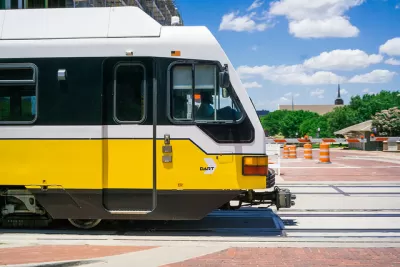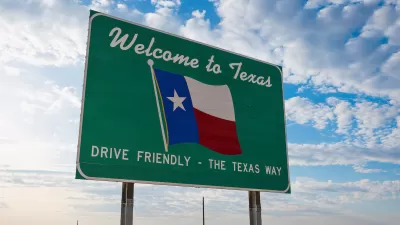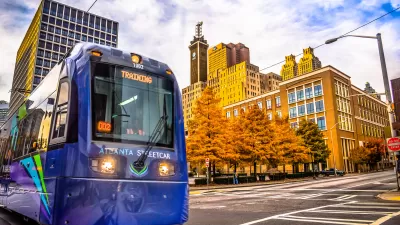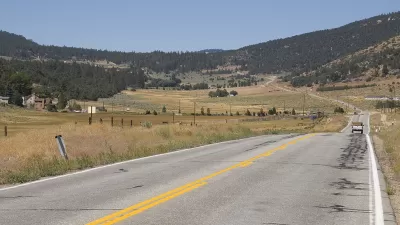APTA's new report suggests that the need for investment is great, but the benefits could be even greater.

A federal infrastructure bill should include at least $232 billion over the next 10 years for critical public transportation projects around the country, the American Public Transportation Association (APTA) says in a new report. That investment would yield $928 billion in economic activity over the next 20 years, the report says.
To tally the needed investment, APTA surveyed member agencies for their priority projects at the local and regional levels. That deficit came to $91 billion, on top of a $89.9 billion backlog for state of good repair programs and $51.2 billion still in the pipeline from the FTA's Capital Investment Grant Program.
In addition to maintenance and repair, transit agencies told APTA they could use funding to modernize their systems through electrification; automated shuttle pilots; and integration with TNCs and other new mobility options.
The report also notes that around 70 percent of Americans support increasing federal funding for public transportation.
FULL STORY: Public transit infrastructure needs at least $232 billion, APTA says

Alabama: Trump Terminates Settlements for Black Communities Harmed By Raw Sewage
Trump deemed the landmark civil rights agreement “illegal DEI and environmental justice policy.”

Study: Maui’s Plan to Convert Vacation Rentals to Long-Term Housing Could Cause Nearly $1 Billion Economic Loss
The plan would reduce visitor accommodation by 25% resulting in 1,900 jobs lost.

Planetizen Federal Action Tracker
A weekly monitor of how Trump’s orders and actions are impacting planners and planning in America.

Wind Energy on the Rise Despite Federal Policy Reversal
The Trump administration is revoking federal support for renewable energy, but demand for new projects continues unabated.

Passengers Flock to Caltrain After Electrification
The new electric trains are running faster and more reliably, leading to strong ridership growth on the Bay Area rail system.

Texas Churches Rally Behind ‘Yes in God’s Back Yard’ Legislation
Religious leaders want the state to reduce zoning regulations to streamline leasing church-owned land to housing developers.
Urban Design for Planners 1: Software Tools
This six-course series explores essential urban design concepts using open source software and equips planners with the tools they need to participate fully in the urban design process.
Planning for Universal Design
Learn the tools for implementing Universal Design in planning regulations.
Caltrans
Smith Gee Studio
Institute for Housing and Urban Development Studies (IHS)
City of Grandview
Harvard GSD Executive Education
Toledo-Lucas County Plan Commissions
Salt Lake City
NYU Wagner Graduate School of Public Service





























